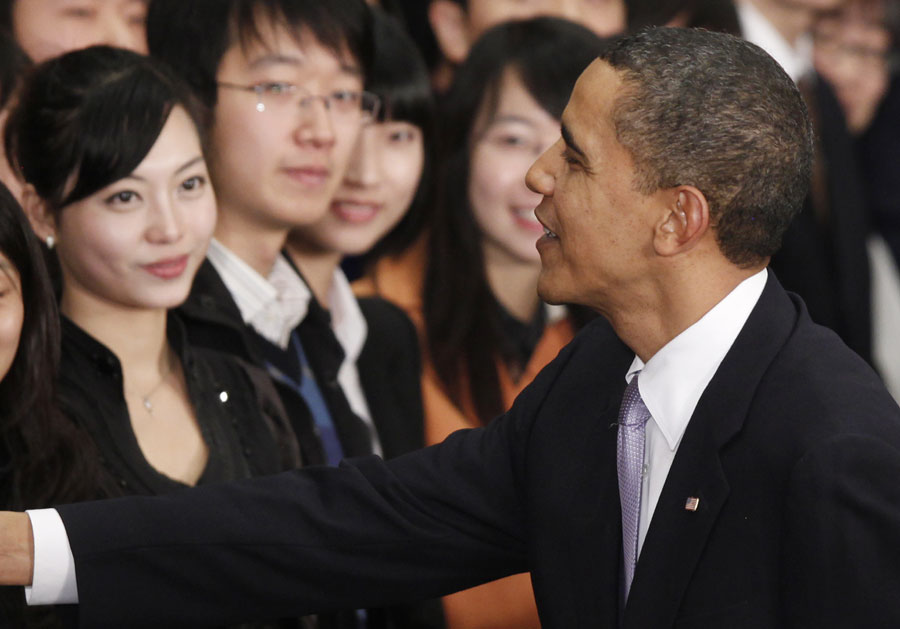Kuora: The political life of Chinese students overseas

This week’s column comes from one of Kaiser’s answers originally posted to Quora on November 17, 2017.
Rare as it might be, how are the Chinese international students participating in political life overseas? What do they tend to align with?
As you say, political participation by Chinese students overseas is indeed rare, but not entirely absent. I should say right up front that I’m aware of no actual studies looking at this and am speaking from casual, personal observation here in the U.S., where I live, as well as reading of the news reports from other geographies.
But where I’ve seen any kind of participation in recent years, it’s been both on the right and on the left, and it’s hard to say which has the greater draw.
We’ve seen some students getting involved when there have been racist incidents, for example at Columbia University last year when some students with Chinese names had their names removed from doors in what appears to have been anti-Chinese or anti-Asian vandalism, and some rallied to protest — ingeniously, and movingly I thought — by making a video in which they explain the meanings of their given names. I’ve also seen Chinese students rally for various social justice causes typically associated with the left: at anti-racism rallies, at pro-immigration events, for diversity, for gender equality, for gay rights, etc.
I’ve also seen Chinese students get involved in pro-Trump rallies, and enthusiastically support causes that have a right-wing tilt, even if students aren’t aware of that tilt — most notably, in so-called Asian Lives Matter marches (where the issue is crime targeting Asian-Americans, or allegedly unfair treatment of Asian law enforcement officers — the case of Peter Liang, who was found guilty of second degree manslaughter in the killing of Akai Gurley in 2014, is the only one really I can think of).
https://thechinaproject.com/2016/11/03/many-first-generation-chinese-immigrants-supporting-donald-trump/
We’ve also seen Chinese students get active politically in attacking fellow students, professors, or college administrators who are deemed to have somehow insulted China or treated China unfairly: A Duke student named Grace Wang, for example, who tried to find middle ground on Tibet-related issues in 2008 and was attacked by many fellow Chinese students; or the University of Maryland student from Yunnan who gave a speech seen as hypocritically praising the U.S. and slandering China; or in various American or Australian universities where professors have referred to Taiwan as a separate country; or at U.C. San Diego, where the Dalai Lama was invited to give a commencement address in June 2017, and Chinese students protested; or in Hong Kong (if that’s considered “overseas”), where earlier this year Chinese students defended a fellow student who tore down pro-localist flyers from a bulletin board.
UPDATE: If you want to read more about Chinese students abroad, Eric Fish wrote an extensive story for us on this topic, which I enthusiastically recommend:
Caught in a crossfire: Chinese students abroad and the battle for their hearts
Kuora is a weekly column.






